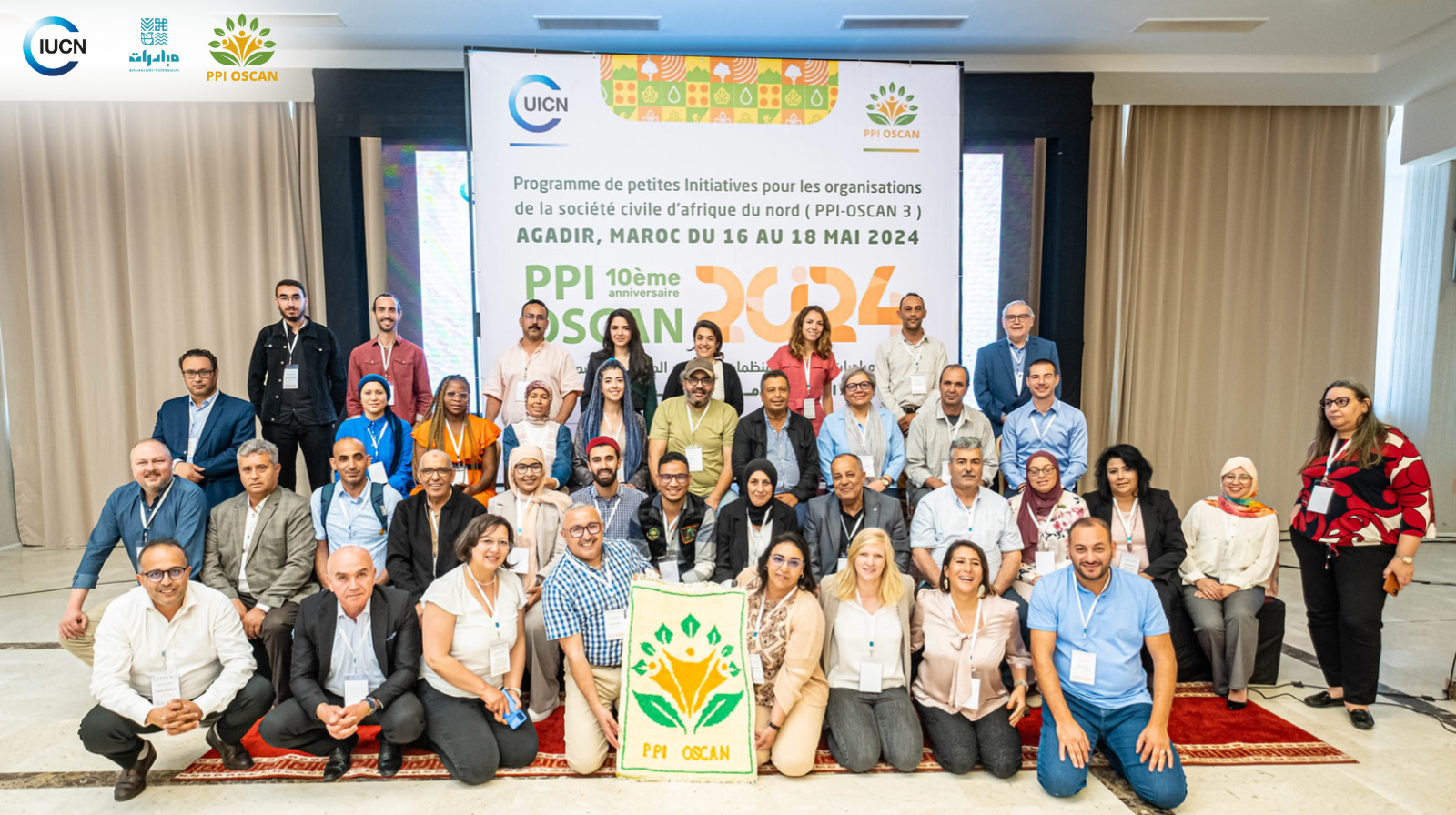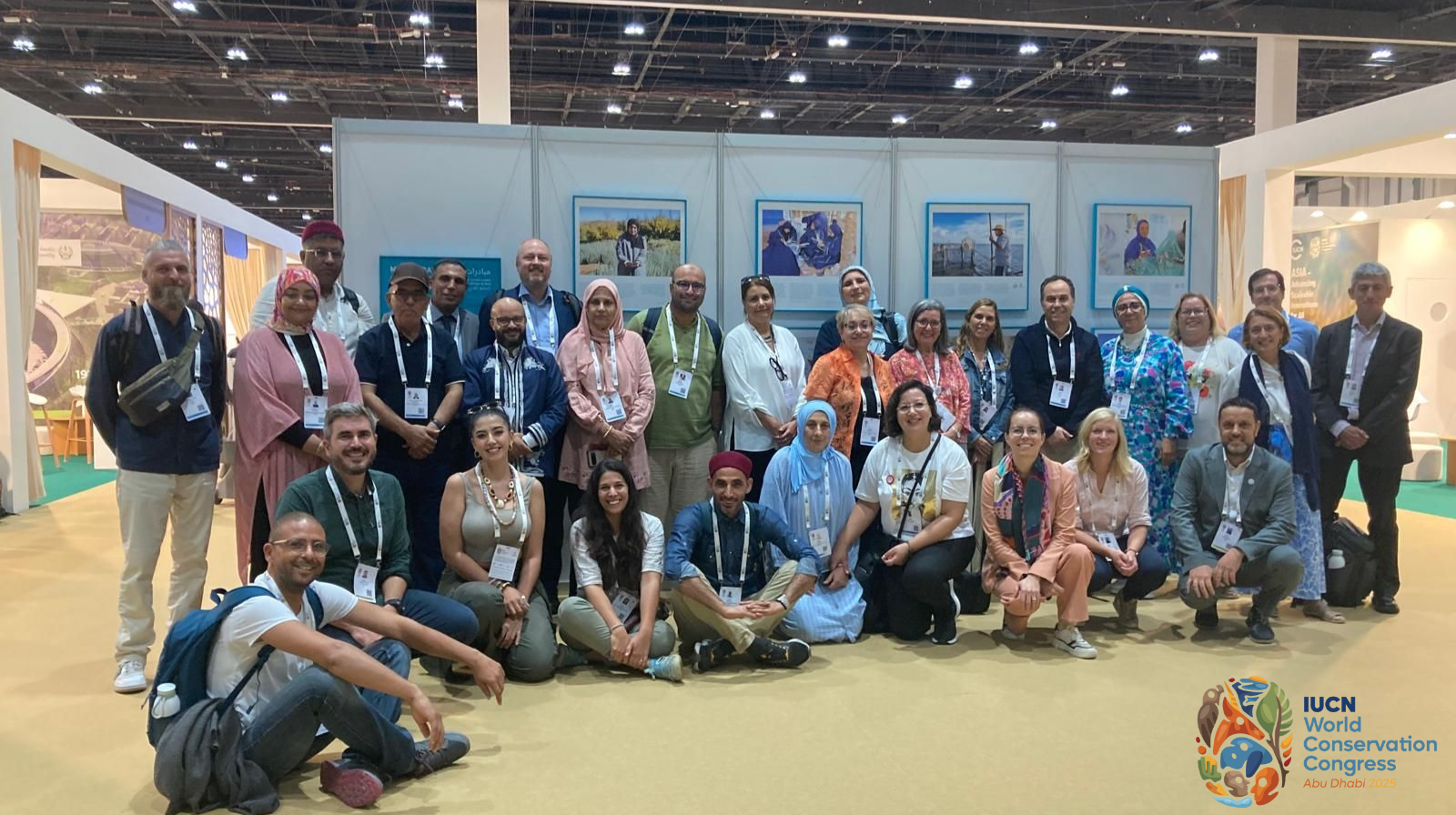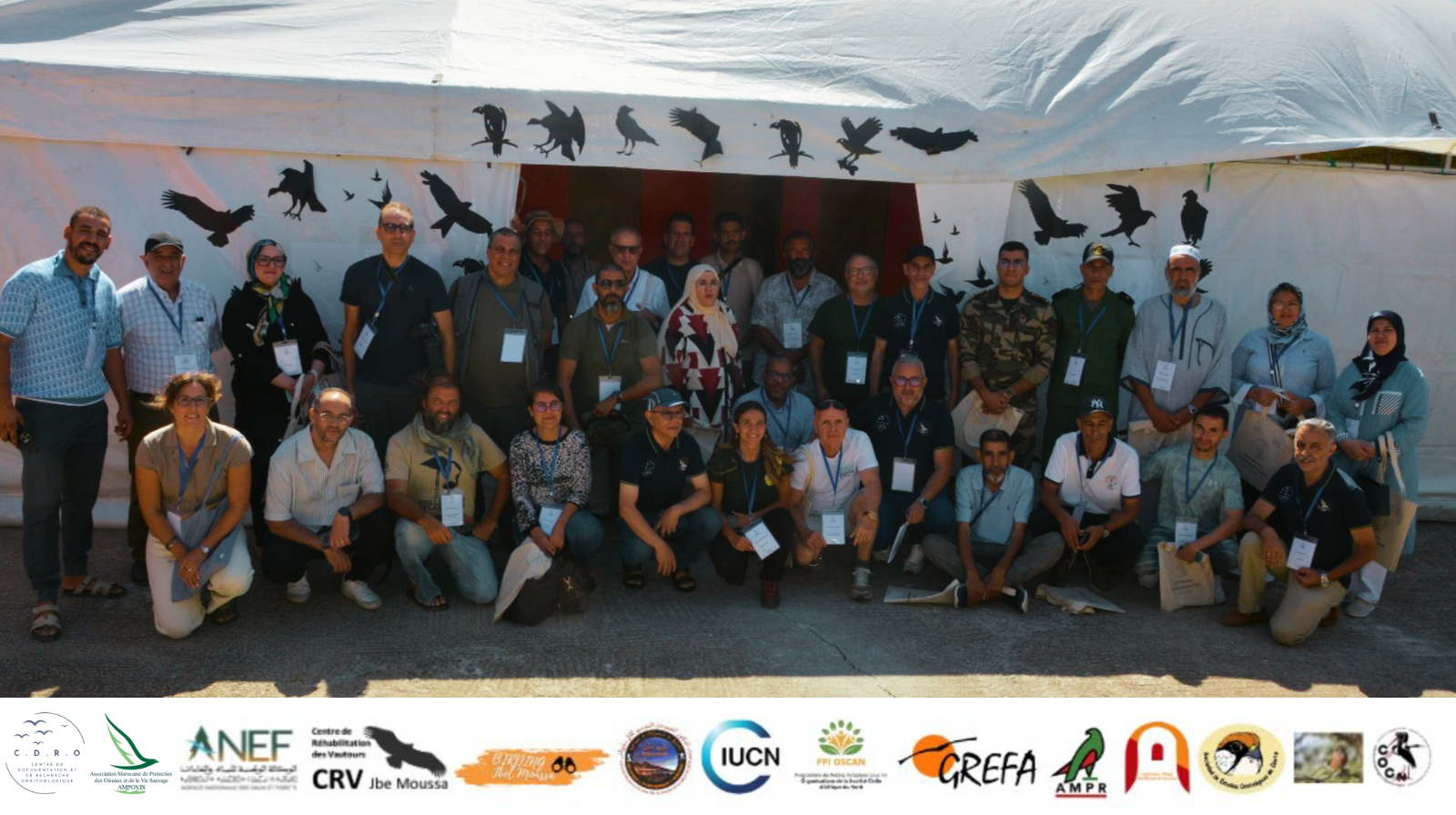In the Wadi Al-Shati region of southern Libya, the Al Khail Organization for Community Development and Partnership has had a clear ambition since its creation in 2021: to build local capacity and protect the natural and cultural heritage of Tamzawa.
Composed of members from the local community, the organization relies on traditional knowledge and a deep knowledge of species and ecosystems to build a sustainable development approach. The association has launched an exemplary project: the restoration of the ecosystem of the village of Tamzawa within the framework of the PPI-OSCAN 3 programme (coordinated by IUCN-Med and financed by the French Fund for the Global Environment (FFEM), the MAVA Foundation and the Sigrid Rausing Trust ).
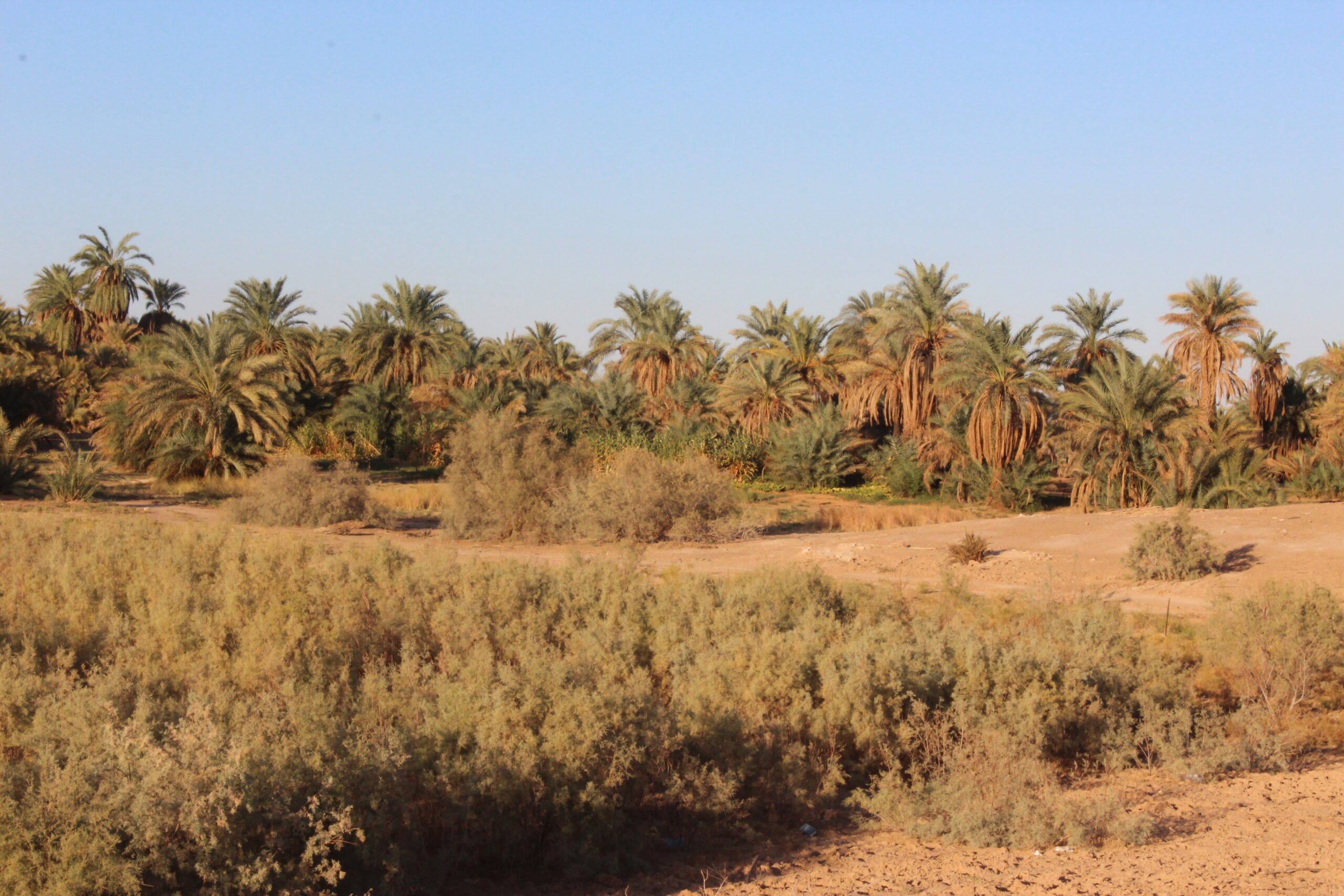
Concrete actions for biodiversity and communities
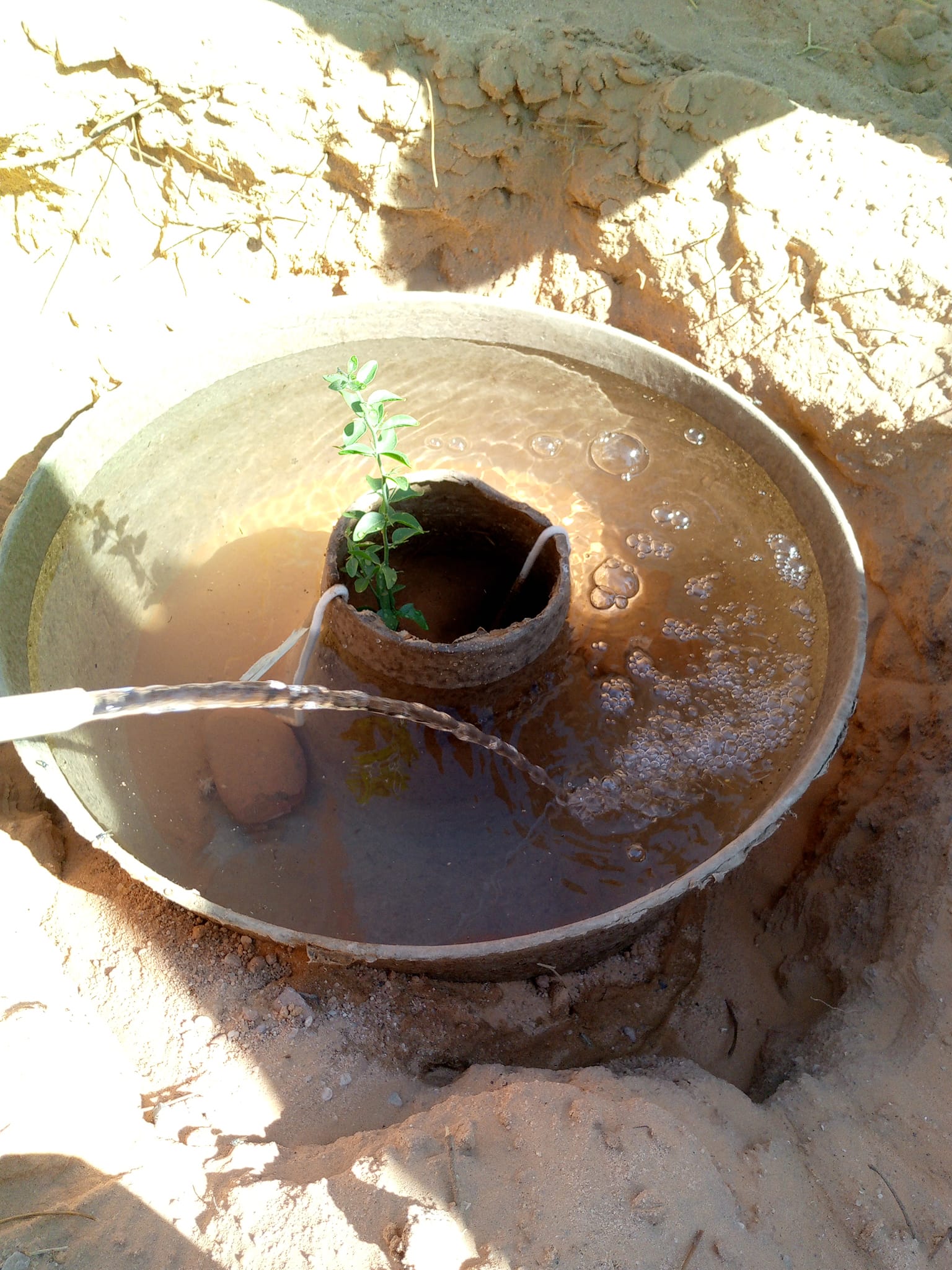
The project is structured around several axes:
Participatory inventory of natural resources with the involvement of inhabitants,
Enhancement of local cultural and craft heritage,
Installation of six rainwater collection basins using traditional techniques,
Introduction of the ‘cocoon’ technique for planting rare plant species,
Creation of a local committee for project monitoring and sustainability,
Awareness of the importance of the region’s natural, tourist and cultural resources.
Despite a complex political and administrative context, the project has created strong partnerships, including with the Libyan Society for Wildlife Protection and the Ministry of the Environment.
An inspiring success
One of the project’s greatest successes is that the inhabitants have reappropriated the often overlooked ecological and tourist value of their territory. The project also highlighted the importance of nature-based solutions, inherited from traditions such as “etmads” (water dams).
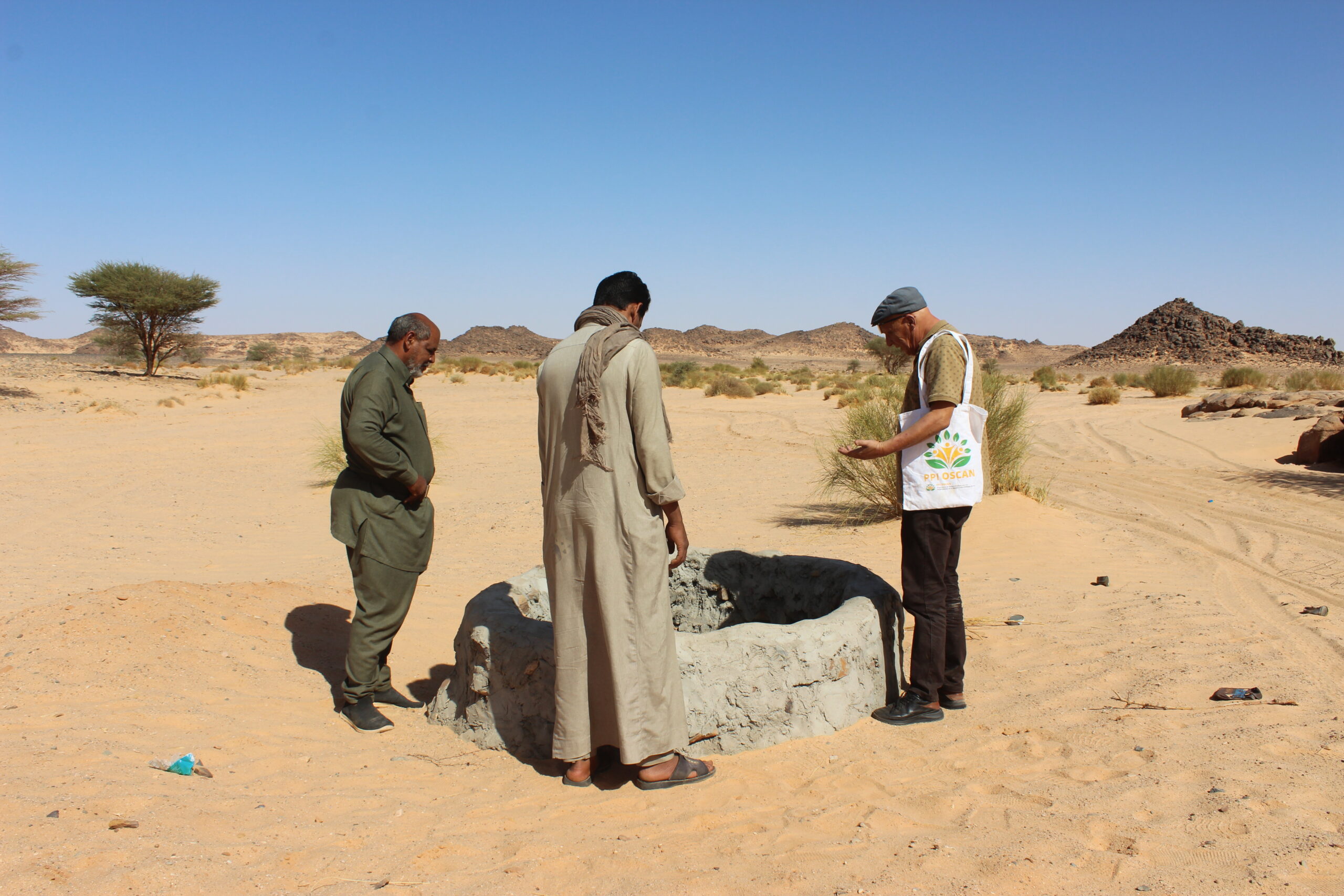
Towards the sustainability of efforts
Through the program support, the organization has strengthened its management, communication and internal governance skills by having :
- A strategic SWOT analysis,
- The development of communication and training plans,
- Post-project follow-up with the local committee
- Awareness campaigns on climate change and biodiversity.
Al Khail shows that with a clear vision, strong partnerships and community mobilization, ecological restoration becomes a reality even in the most complex contexts.



